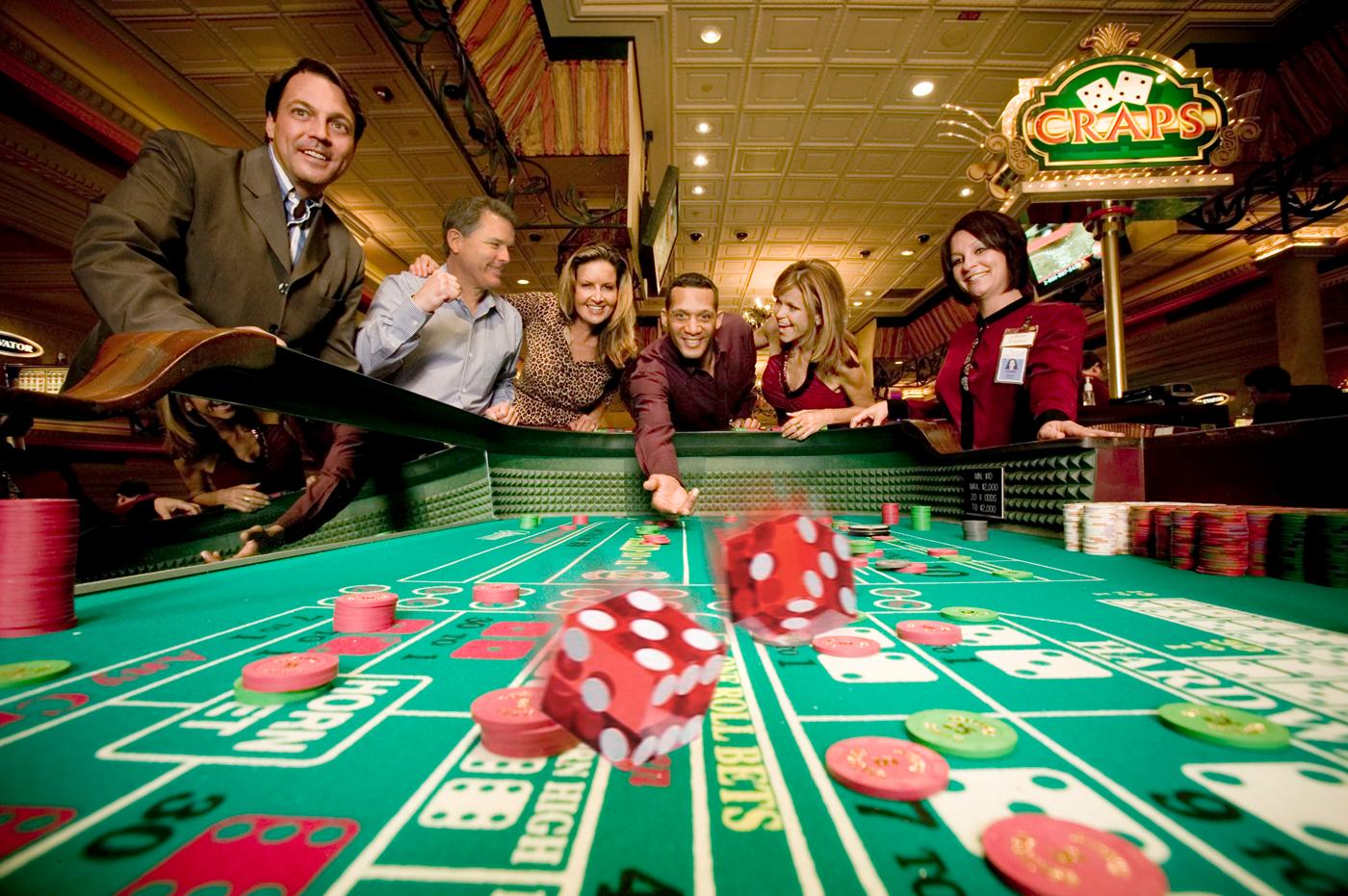
Casino games have long enthralled players from all parts of society, drawing them into vibrant casinos filled with the sounds of spinning wheels, clattering chips, and cheering crowds. The thrill of chance and the allure of potential winnings create an exhilarating atmosphere that keeps players returning for more. Whether it is the thrill of a slot machine, the thoughtful play of poker, or the anticipation of a roulette wheel, casino games offer a distinct combination of fun and risk that can be hard to ignore.
At the heart of this fascination lies a mental pull that varies from person to person. For some, the rush of hitting a jackpot can elevate their mood, while for others, it’s a social experience that brings friends together. The colorful visuals, engaging sounds, and sometimes lavish environments of casinos further enhance the appeal, making each visit an experience waiting to unfold. As we explore why gamblers are drawn to these games, we uncover the deeper motivations and emotions that fuel their love for the betting tables.
Understanding Gambling Psychology
The attraction of casino games often arises from the nuanced psychology of gambling itself. Many individuals are attracted to the excitement of risking money for the chance of winning more, as it taps into a deep-seated human desire for excitement and gain. This high can create a profound emotional experience. The combination of risk and potential monetary gain can activate a release of dopamine, making players feel alive. đá gà trực tuyến
Moreover, the design of casino games is crafted to maintain players interested. The use of vibrant lights, enthralling sounds, and the social atmosphere of casinos can enhance the excitement. Players typically find themselves submerged in these environments, where the expectation of a win encourages them to return. This sensory engagement encourages prolonged play, as the instant feedback from wins, however insignificant, reinforces the desire to keep playing.
Finally, cognitive biases play a significant role in gambling behavior. Many individuals fall prey to the misconception of control, believing they can influence outcomes even in games of luck. This attitude can lead to overoptimism and the propensity to keep playing, despite mounting losses. Additionally, gamblers typically remember their wins more clearly than their losses, which can skew their understanding and intensify the desire to keep playing. This intricate interplay between emotions and cognitive factors helps explain why so many are attracted to casino games.
A Allure of Gambling Environments
The environment of a casino is exceptionally enchanting, pulling in bettors with its blend of excitement and eagerness. The sights and noises of twirling slot machines, cheering players, and the repetitive jingling of tokens create an absorbing experience that is challenging to ignore. The vibrant neon signs and dynamic design foster a sense of energy that keeps gamblers invested and encourages them to remain longer. This contagious setting contributes to the overall appeal of gambling games, enticing both inexperienced and veteran players alike.
Moreover, gaming establishments are engineered to stimulate the senses in a manner that makes gamblers feel as though they are embarking on a fantastic adventure. The thoughtful positioning of games, inviting chairs, and complimentary snacks enhance the overall value, making gamblers feel appreciated and treated well. Many gambling spaces also incorporate decorative furnishings and intricate themes that transport visitors to different worlds, amplifying the thrill. Such environments foster a sense of escapism, allowing players to ignore their everyday lives and dive into the exhilarating realm of risk.
Finally, the presence of fellow participants amplifies the communal aspect of gambling, creating a joint rush. Engagements among gamblers, be it through playful chitchat or mutual happiness during a huge victory, cultivate a feeling of togetherness that many find tempting. This interpersonal engagement enhances the adventure of enjoying casino games, transforming it from a solitary pursuit into a collective experience. The combination of excitement, immersive environments, and communal bonds makes gambling establishments an irresistible place for gamblers seeking entertainment and a chance to gain.
Grasping Game Mechanics
Casino games are designed with specific mechanics that captivate players. Every game has its specific set of rules, betting structures, and probability ratios, allowing players to engage with the game on various levels. The thrill of submitting a bet and the anticipation of the outcome creates an thrilling atmosphere. Grasping these mechanics can intensify a player’s appreciation for the game and enhance their overall experience.
Another crucial aspect of game mechanics is the concept of randomness. Many casino games, especially slot machines and table games, rely on random number generators or shuffling to determine outcomes. This randomness is what keeps players revisiting; the unpredictable nature of the game creates a sense of possibility and excitement. Knowing that each play or deal is independent of the last adds to the appeal, as players perceive they have a chance at winning, regardless of past outcomes.
In conclusion, the emotional response related to game mechanics should not be neglected. The excitement of a major payout or the tension during decisive moments are fundamental to the enjoyment of casino games. Such emotional highs and lows exploit psychological triggers that keep players engaged for prolonged periods. Comprehending these emotional responses to game mechanics can help explain why individuals are enticed by the thrill of casino games, constantly seeking that next exhilarating moment.